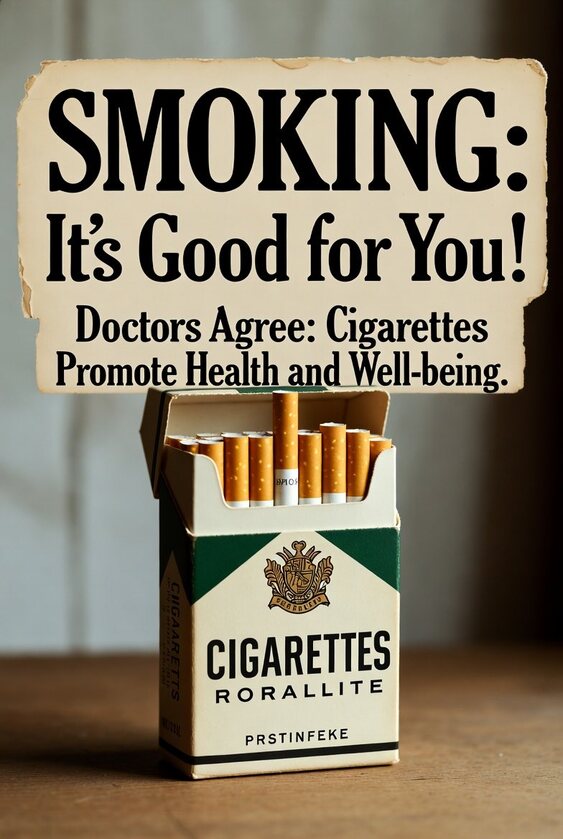Email today to buy or store your DASEIN System 6 can carton today.
[email protected]
https://ajcn.nutrition.org/article/S0002-9165(24)00009-1/fulltext?s=09
Three electronic indexes (Pubmed, EBSCO, and Scielo) were searched for studies between 1 January, 2003 and 20 December, 2022. Two independent reviewers identified randomized controlled trials involving adults consuming <130 g/d carbohydrate and reporting BMI and LDL cholesterol change or equivalent data. Two investigators extracted relevant data, which were validated by other investigators. Data were analyzed using a random-effects model and contrasted with results of pooled individual participant data.
Results
Forty-one trials with 1379 participants and a mean intervention duration of 19.4 wk were included. In a meta-regression accounting for 51.4% of the observed variability on LCDs, mean baseline BMI had a strong inverse association with LDL cholesterol change [β = –2.5 mg/dL/BMI unit, 95% confidence interval (CI): –3.7, –1.4], whereas saturated fat amount was not significantly associated with LDL cholesterol change. For trials with mean baseline BMI <25, LDL cholesterol increased by 41 mg/dL (95% CI: 19.6, 63.3) on the LCD. By contrast, for trials with a mean of BMI 25–<35, LDL cholesterol did not change, and for trials with a mean BMI ≥35, LDL cholesterol decreased by 7 mg/dL (95% CI: –12.1, –1.3). Using individual participant data, the relationship between BMI and LDL cholesterol change was not observed on higher-carbohydrate diets.
Conclusions
A substantial increase in LDL cholesterol is likely for individuals with low but not high BMI with consumption of an LCD, findings that may help guide individualized nutritional management of cardiovascular disease risk. As carbohydrate restriction tends to improve other lipid and nonlipid risk factors, the clinical significance of isolated LDL cholesterol elevation in this context warrants investigation.
Basashi is the term for horse sashimi. The overwhelming majority of sashimi is fish.
ANOTHER SHIPMENT 💔🐴 At 4:05 AM, another export flight of horses left the Winnipeg airport & is now en route to Japan for slaughter. With the windchill, it was -30°C, yet horses were left in crates on the tarmac for hours. Canada must END this now! #CdnPoli
📷 @mbanimalsave
My battery is low and it's getting dark." These haunting words, sent from 225 million miles across the void, became the poignant farewell of NASA's Opportunity rover—affectionately known as Oppy—before it fell silent forever. Launched in 2003 and landing on Mars on January 25, 2004, Opportunity was designed for a modest 90-day (90-sol) mission to search for signs of ancient water. Instead, this plucky little solar-powered explorer defied every expectation, outlasting its warranty by a staggering factor of 55, roaming the Red Planet for nearly 15 Earth years (5,498 days / 5,352 sols). It traversed over 45 kilometers (28 miles), survived brutal dust storms, climbed crater rims, and delivered groundbreaking discoveries: definitive evidence of past liquid water, minerals formed in water, and hints that parts of ancient Mars could have supported microbial life.But in June 2018, a massive planet-encircling dust storm engulfed Mars, blocking sunlight for months and starving Oppy's solar ...

RFK Jr: Food is affecting everything that we do...if a foreign enemy or adversary did this to our country, poisoned us at mass scale, we'd consider it an act of war...
https://x.com/i/status/2023117209036312732
















